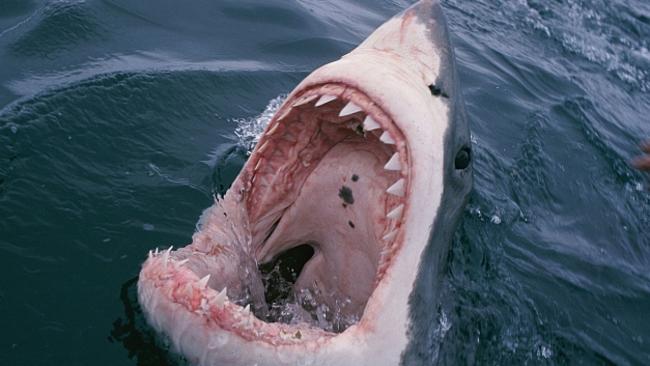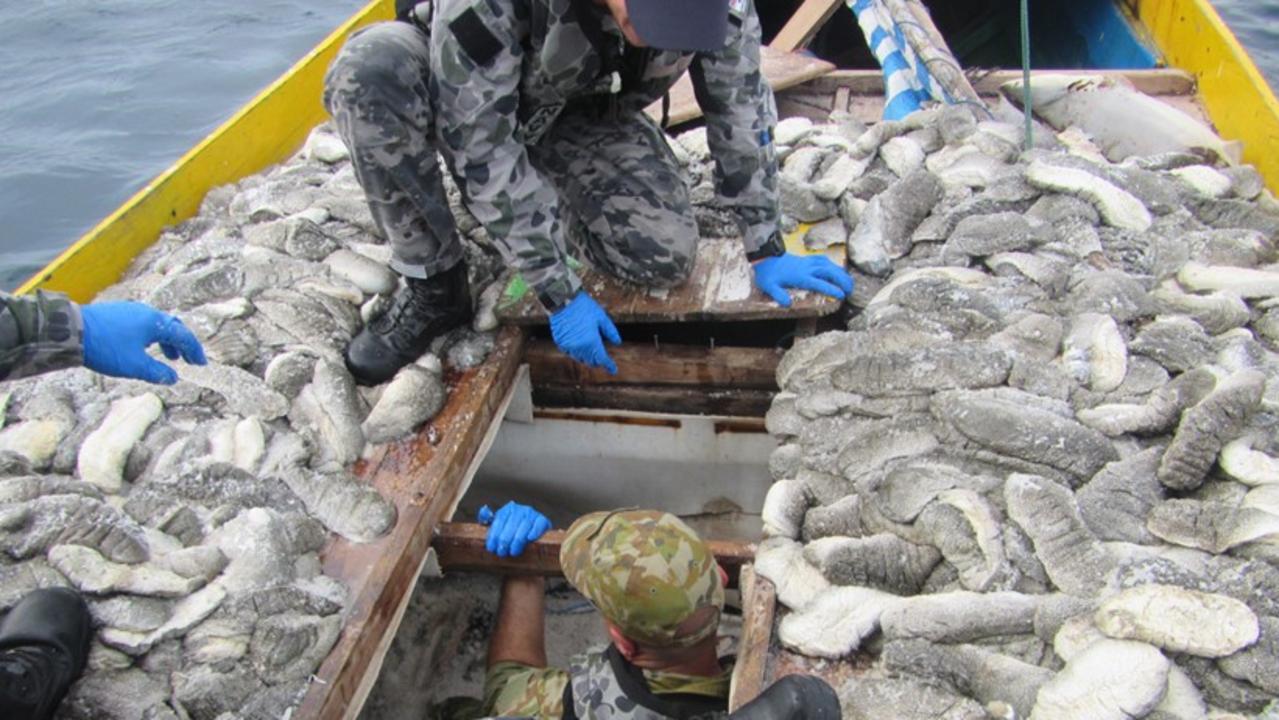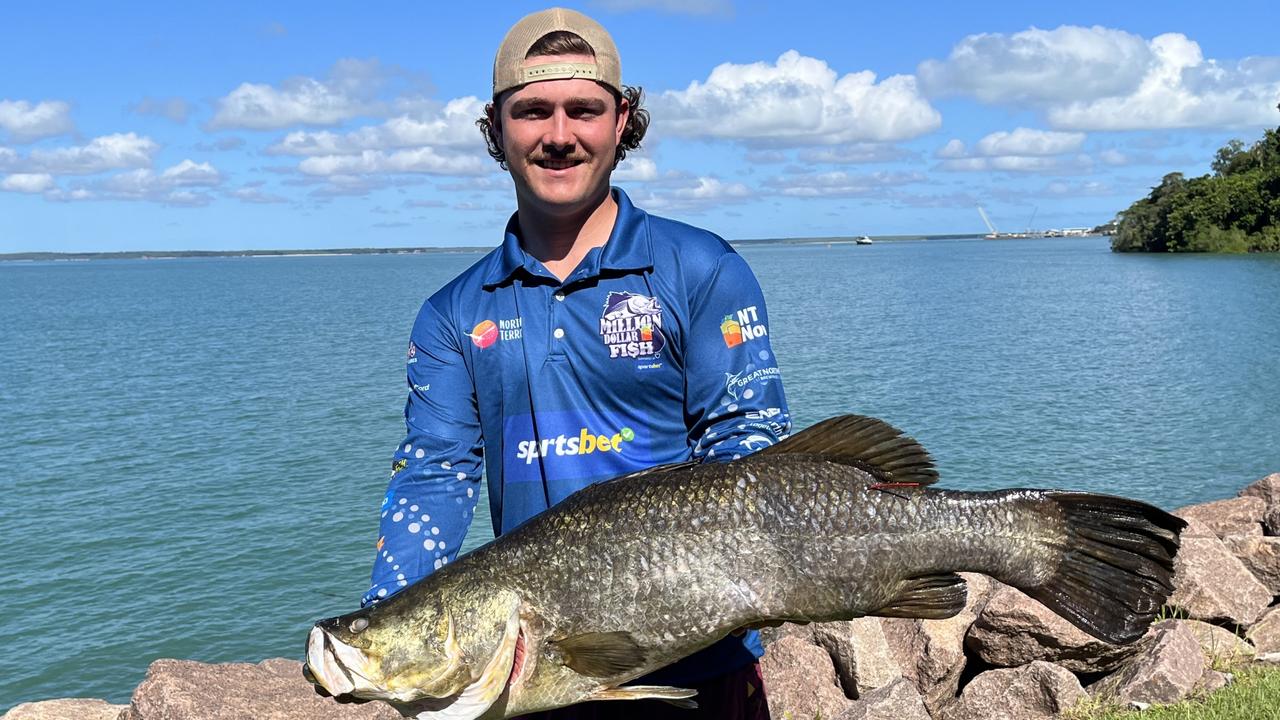Great Australian bite still very rare, says Prof
HOBART: More people have died from shark attacks in Australia in the past three decades than in any other nation.

Fishing
Don't miss out on the headlines from Fishing. Followed categories will be added to My News.
HOBART: More people have died from shark attacks in Australia in the past three decades than in any other nation.
Surfers are the group most at risk, followed by swimmers and scuba divers.
A total of 32 people died between 1982 and 2011, a threefold increase.
There were two deaths in Tasmania, at South Cape Bay in 1982 and at King Island in 1993.
One leading scientist tips that the return of the lovable humpback whale may have played a role, as did population increase.
Bond University scientist Associate Professor Daryl McPhee said shark attacks were still an extremely rare way to go – 129 people drowned on surf beaches from 2001-05 alone.
“The fear of shark bite is out of all proportion to the actual risk,’’ he said. “Unfortunately Hollywood in particular has created an inaccurate impression there are rogue sharks waiting around every corner to attack an unsuspecting human. It’s not true.’’
After increased attacks in the past three years the government of Western Australian began culling sharks, but thousands of people protested, including victims and the relatives of survivors.
Prof McPhee suspects the increasing population and love of beaches is part of the reason for the spike but he is still researching causes. The increase in humpback whale and NZ fur seal numbers could be a factor as they attract sharks.
In Australia great whites were responsible for 41 of the 171 recorded attacks in the study period, with 46.3 per cent of them fatal. White, tiger and bull sharks were responsible for most of the attacks.
South Africa had the second highest number of fatalities in the study period with 28 from 132 attacks, while only 25 of the 769 attack victims in the US were fatal.
“Of the six countries where shark bites are most prevalent, Australia actually recorded the fourth lowest percentage of bites that were fatal at 18.7 per cent, despite having the highest number of total fatalities,” the professor said.
A total of 63 surfers were bitten, compared with 44 swimmers and 26 scuba divers.
Only 15.8 per cent of surfers suffered fatal injuries, compared with 34.6 per cent of scuba divers and 33.3 per cent of snorkellers.
“Divers suffer a greater number of bites to the head and torso, as their whole body is submerged, while surfers are more likely to receive less fatal bites to the limbs,” Prof McPhee said.
Prof McPhee’s report will be published in the international scientific journal Coastal Management.


